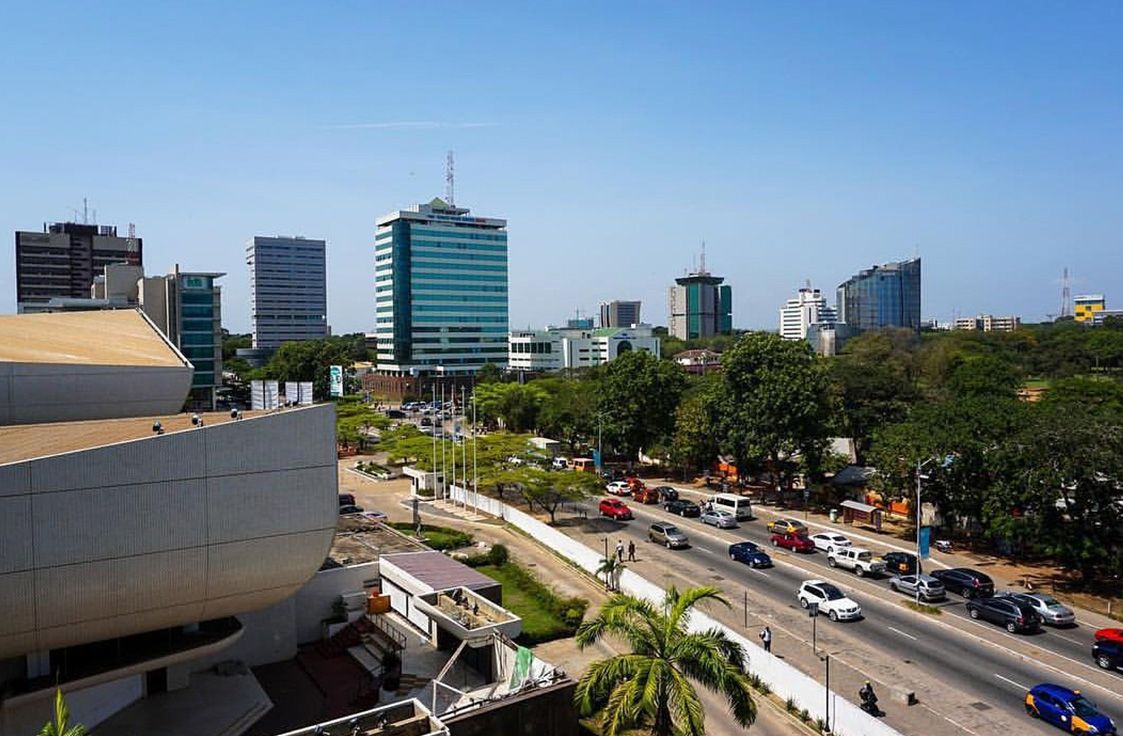
Navigating Ghana’s Debt Crisis: An Update
Birches Group monitors labor market trends making headlines worldwide, ensuring you are updated on the latest developments.
As the world grapples with economic uncertainty, one country that stands out in its struggle is Ghana—a gold, cocoa, and oil producer in West Africa.
In 2022, we published a headline article on Ghana, detailing the government’s efforts to stabilize the economy amidst a cost-of-living crisis. In our article, “Ghana’s Cost of Living Crisis: What You Need to Know,” we also explored the growing concerns surrounding the country’s surging inflation.
Since then, Ghana has plunged into a financial crisis—its worst in a generation—mostly due to its rising debts. AllAfrica.com reports that Ghana’s debt-to-GDP (Gross Domestic Product) ratio has reached 98.7%, severely hindering the country’s economic growth and stability.
According to an article by the New York Times, Ghana’s debt crisis has reached a critical juncture: the government was struggling to meet its financial obligations. On 19 December 2022, Ghana suspended payments on most of its external debts, effectively entering a state of default. By the end of 2022, Ghana owed US$63.3 billion to both foreign creditors and domestic lenders.
The government’s decision was met with mixed reactions, with some welcoming it as a necessary step to restructure Ghana’s debts. Other voiced concerns about its long-term implications.
A strain on households and businesses
The debt crisis is greatly affecting individuals and firms across Ghana. In a survey by Afrobarometer, 87% of citizens think the country is heading “in the wrong direction.” Rising prices have eroded purchasing power, making it difficult for many to afford necessities. Businesses are facing increased costs and reduced consumer demand.
A World Bank report estimated that 850,000 Ghanaians have drifted into poverty due to double-digit inflation. And over the past two years, anti-government protests have become more frequent, news outlets like the BBC and Business Insider Africa have reported.
The government’s response to the debt crisis
However, the Ghanaian government has not been idle in the face of the debt crisis. It has embarked on several actions to address the matter, including seeking aid from the International Monetary Fund (IMF) and implementing austerity measures.
Seeking financial aid from the IMF. In May 2023, Ghana secured an Extended Credit Facility amounting to US$3 billion over the span of three years. “It is the 17th time Ghana has been compelled to turn to the fund since it gained independence in 1957,” the New York Timesnotes.
The Washington-based lender has laid out a detailed rescue plan to get Ghana back on its feet. The plan includes measures to cut back on debt and spending, raise revenues, and protect the poorest. In the meantime, Ghana shall continue to negotiate with its foreign creditors.
As a result of its strong performance in meeting IMF targets, Ghana reached an agreement on 6 October 2023 to unlock the next US$600 million of its financing.
Restructuring debts. To meet IMF conditions, Ghana has also embarked on comprehensive debt restructuring. The New York Times remarks that “the debt situation was so unusual that the IMF, for the first time, made settling its domestic debt a prerequisite for a bailout.” A partial restructuring, which included swapping local bonds with new ones and extending due dates, was launched in December 2022 and completed in February 2023.
In May 2023, Ghana’s creditors formed a committee for debt restructuring talks. It received a “working proposal” a month later, sources with direct knowledge of the matter told Reuters. As of this writing, Reuters reports that Ghana is in the advanced stages of restructuring its external debts, with hopes of achieving a resolution by the end of 2023.
Other reforms. Additionally, the Ghanaian government is complementing IMF aid and debt restructuring with reforms in tax policy, revenue administration, and public financial management. The reforms aim to restore economic stability and debt sustainability, while protecting the vulnerable, preserving financial stability, and laying the foundation for strong and inclusive recovery.
Despite the challenges, there have been some positive developments. The IMF sees that Ghana’s commitment to strong policies and reforms is bearing fruit. “Signs of economic stabilization are emerging. Growth in 2023 has proven more resilient than initially envisaged, inflation has declined, the fiscal and external positions have improved, and the exchange rate has stabilized,” the lender said after its first review in October 2023.
Despite these efforts, Ghana’s debt crisis is far from over. As they navigates this challenging period, it is crucial for organizations to stay informed. By understanding Ghana’s debt crisis, your organization can better prepare for similar situations in other labor markets.
How Birches Group can help
Ensure you are always prepared for changes in market conditions with our Market Monitor. Our trusted resource provides you with insights into current developments in emerging markets, empowering you to make informed decisions and adapt to new challenges.
Subscribe now and embark on a journey toward a deeper understanding of the market. Take the first step toward enhanced market insights today.
References:
- https://africa.businessinsider.com/local/markets/despite-dollar3-billion-bailout-ghana-has-essentially-gone-bankrupt/e1sktpn
- https://africa.businessinsider.com/local/markets/ghanas-financial-problems-to-persist-despite-dollar3-billion-loan-from-imf/kx928m2
- https://africa.businessinsider.com/local/markets/ghanas-inflation-rate-fell-to-a-12-month-low-in-september/393h88w
- https://africa.businessinsider.com/local/markets/here-are-some-key-details-of-ghanas-3-days-protest/zwckygk
- https://allafrica.com/stories/202212200038.html
- Birches Group Market Monitors
